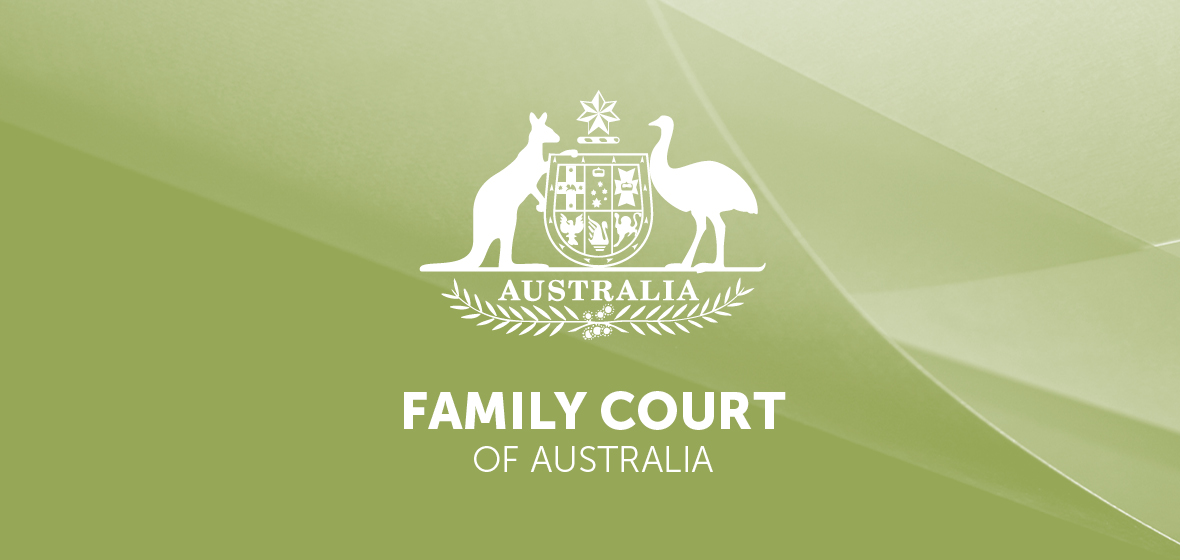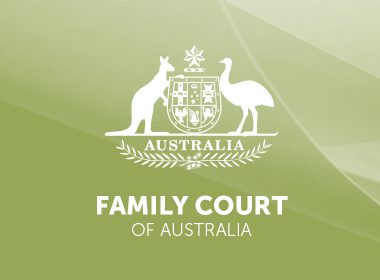Key decisions
- Shnell & Frey [2021] FedCFamC1A 55
- Loncar [2021] FedCFamC1A 14
- Remington [2021] FedCFamC2F 99
- Leandra & Randles [2021] FedCFamC1A 51
PROPERTY
Error to exclude latent CGT liability where evidence indicated sale of investment property would occur in near future
In Shnell & Frey [2021] FedCFamC1A 55 (5 November 2021), the Full Court (Watts, Austin and Tree JJ) considered a wife’s appeal against an order that each party retain their respective property.
The wife argued that it was not possible to discern how the decision was reached and that the rejection of the capital gains tax (‘CGT’) on the possible sale of a property owned by her as a liability was in error.
The Full Court said (from [64]):
‘The primary judge placed the value of the wife’s Suburb L property on the balance sheet at its current value but rejected the wife’s submission that the latent CGT on that property also be included… [T]he primary judge indicates … that she took the latent CGT into account when adjusting prospective factors.
[65] There was no controversy that if the wife’s Suburb L property was sold today then the CGT payable upon the distribution of the property would be $290,029 …
[76] … [T]he primary judge erred in failing to find that the sale of the property “would probably occur in the near future”… [and] failed to recognise the undisputed evidence that this was an investment property held by the wife and had always been rented out. …
[79] … [A]lthough it is true that the ultimate selling price might not be known, the value of the property was placed on the balance sheet at the date of the hearing and the latent CGT at that date was known. …
[80] … [T]he primary judge’s finding that the wife had made a concession in cross-examination which precluded the wife from relying upon the second limb of Rosati, was erroneous. Had the primary judge not made that error, it would have been appropriate for the primary judge to have included the latent CGT onto the balance sheet …’
The appeal was allowed and the discretion was re-exercised to reduce the asset pool by the wife’s latent CGT liability. The husband was ordered to pay costs.
PROPERTY
Kennon – wife fails to establish that a contribution based adjustment for ‘systematic family violence’ should then be quarantined under s 75(2)
In Loncar [2021] FedCFamC1A 14 (21 September 2021), the Full Court (Strickland, Ainslie-Wallace & Watts JJ) heard a wife’s appeal from final property orders made by Judge Kemp.
After a 12 year relationship, Judge Kemp found that ‘the husband subjected the wife to a systematic pattern of family violence’ (at [16]) and made a 7.5 per cent adjustment for her Kennon claim and a further 10 per cent based on s 75(2) factors (at [28]).
The wife argued that as the contribution assessment was based on violence by the husband towards her, Judge Kemp erred in not quarantining the contribution adjustment from consideration at the third stage.
The Court said (from [61]):
‘… [I]n our view the application of the principles articulated in Kennon does not fall within the same rubric as the approach applied in the cases relied upon by the wife, which are claims in tort.
[62] In 1975 the Act deliberately set out to exclude conduct from the assessment of financial adjustment between the parties. The Family Court in Kennon carved out an exception to that general proposition by acknowledging the effect that family violence in particular and conduct more generally might have upon the making of contributions by a party. Given that the acknowledgement is made in respect of contributions, the consideration of a Kennon claim axiomatically happens at the second step although the ongoing effects of family violence maybe a relevant prospective consideration at the third step.
[63] … [T]here is no warrant in s 75(2)(b) to discount the outcome of the analysis under s 79(4)(a)–(c) of the Act based on a Kennon argument. Nor in our view does s 75(2)(o) or s 79(2) create scope for the approach suggested by the wife.
[64] … [W]e find the primary judge did not err in failing to quarantine the 7.5 per cent the wife achieved as a result of her Kennon argument …’
The wife’s appeal was dismissed and no order was made as to costs.
CHILDREN
Maternal aunt considered inappropriate as mother’s litigation guardian, despite her existing appointment as mother’s guardian by SACAT
In Remington [2021] FedCFamC2F 99 (27 September 2021), Judge Kari heard an application for the appointment of a litigation guardian for the mother in parenting proceedings in respect of an 11 month old child ‘X’.
The 27-year-old mother had been diagnosed with a number of cognitive impairments and was the subject of state guardianship and administration orders appointing the maternal grandmother and the maternal aunt as guardians and limited administrators of the mother. There had been numerous police interventions involving the mother’s behaviour towards the maternal grandmother and aunt.
The maternal grandmother sought orders providing for X to live with her and for her to have sole parental responsibility. The presumed father was not party to the proceedings and his whereabouts were unknown. The maternal aunt (‘Ms E’) initially participated in the proceedings as the ‘legal guardian’ of the mother.
After reviewing the report prepared by the State Welfare authority, Judge Kari said (from [53]):
‘… I am satisfied:
- That the mother does not understand the nature of these proceedings nor the possible consequences of these proceedings; and
- That the mother is not capable of adequately conducting, or giving adequate instructions for the conduct of these proceedings.
[57] The issue however is that … the maternal aunt appears to have an interest in the litigation that is adverse to that of the mother … I have come to this conclusion for two reasons, firstly because Ms E has advised the court … that she supports the application of the maternal grandmother. Secondly, as a consequence of the … report from the Department for Child Protection … which makes it clear that Ms E and the maternal grandmother work together to manage the competing obligations that they have towards the mother and the care of the child.
[58] It is for all of these reasons that I do not consider it appropriate that the maternal aunt, Ms E be appointed as the litigation guardian of the mother. …
[62] … [T]he administration order that has been made relates specifically to the conduct of legal proceedings, being a personal injury claim …
[63] While the orders made by SACAT would entitle either the maternal grandmother or the maternal aunt, Ms E to be appointed as the mother’s litigation guardian … it is my firm view that either of those persons are inappropriate given their conflicting interests.’
CHILDREN
Interim return of children to mother after her unilateral relocation – paucity of evidence of father’s work hours indicative of the children being in primary care of paternal grandparents
In Leandra & Randles [2021] FedCFamC1A 51 (5 November 2021), Ainslie-Wallace J heard a mother’s appeal against interim parenting orders providing for 6 and 3-year-old children to live with the father in Town D.
The mother had unilaterally relocated with the children to Suburb F, two and a half hours away. Judge Terry ordered that the children return to live with the father.
As the appeal was allowed by consent, the parties asked the Court to determine the interim parenting arrangements.
As to the father’s availability to care for the children, the Court said (from [38]):
‘… There was no challenge to the mother’s account of the father’s working pattern before they separated, that is, he would be away a week or perhaps more at a time. …
[46] The mother’s evidence was that since the children have lived with the father they have in fact lived with their paternal grandparents …
[50] … The sum total of the father’s evidence about his hours of work is … opaque at best … The father’s failure to … give detailed evidence on this issue is inexplicable …’
The Court concluded (from [80]):
‘I am thus of the view that these children’s best interests are served by their being returned to their mother’s care pending the final hearing. … I am conscious that it will necessarily involve another move for these two very little children whose residence has already changed twice … However … I am of the view that a return to the primary care of the mother will best serve the children’s best interests as opposed to stability in their present living arrangement.
[81] … [G]iven the paucity of evidence of the father’s working hours and the arrangements made for the children in his absence, it seems likely that children are more likely than not spending substantial time in their grandparents care …
[82] … I will order that within seven days of the date of these orders, the children be returned to the mother’s care…’



 Craig Nicol and Keleigh Robinson are co-editors of The Family Law book and Accredited Specialists in Family Law.
Craig Nicol and Keleigh Robinson are co-editors of The Family Law book and Accredited Specialists in Family Law.